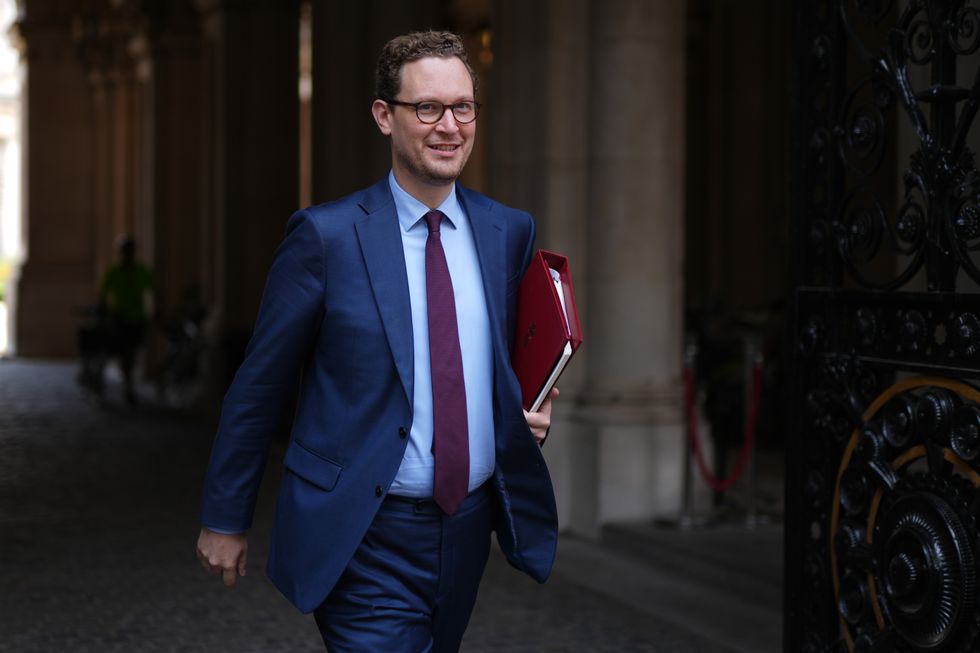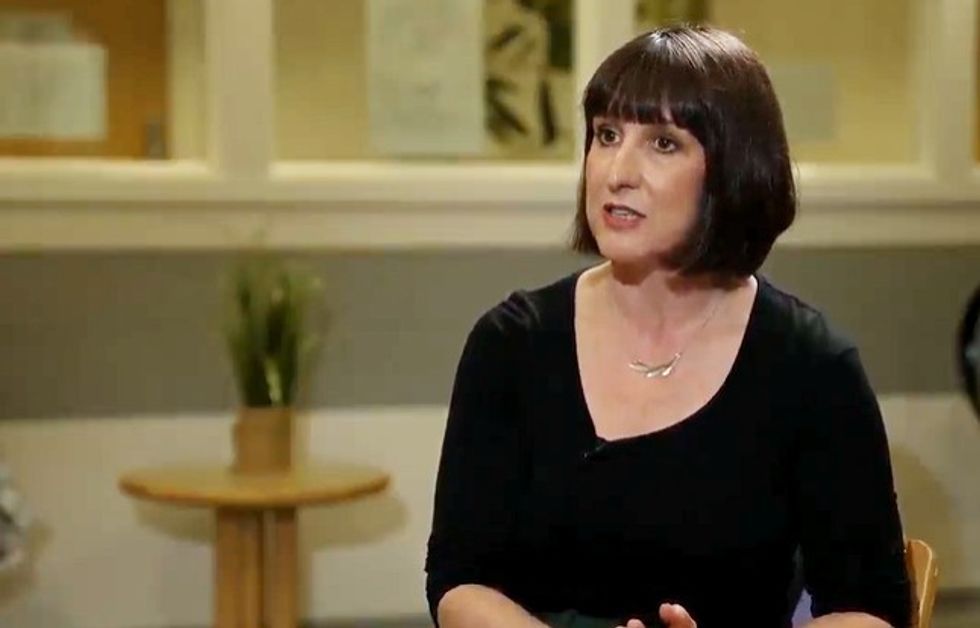UK borrowing surges to 'third highest on record' despite Winter Fuel Payment axe
Labour's decision to cut the Winter Fuel Allowance has not been enough to bring down borrowing costs
Don't Miss
Most Read
Trending on GB News
Government borrowing rose to £16.6billion last month, representing the third highest September borrowing since records began, according to official figures from the Office for National Statistics (ONS).
This figure represents a £2.1billion increase compared to the same period last year and comes after the new Labour Government's decision to cut benefit spending, namely the Winter Fuel Payment.
Despite the rise, the borrowing was lower than economists' expectations, who had predicted £17.5billion.
However, the financial year-to-date paints a concerning picture for the economy, with borrowing standing at £79.6billion.
This is £1.2billion more than a year earlier and £6.7billion above the forecast by the Office for Budget Responsibility (OBR).
Notably, central Government benefit payments fell for the first time since early 2022, partly due to Labour's decision to means-test the Winter Fuel Allowance.
Do you have a money story you’d like to share? Get in touch by emailing money@gbnews.uk.
 Chief Secretary to the Treasury Darren Jones said "we inherited an economy that wasn’t working for working people" PA
Chief Secretary to the Treasury Darren Jones said "we inherited an economy that wasn’t working for working people" PAJessica Barnaby, ONS deputy director for public sector finances, explained the reasons behind the increased borrowing.
"Borrowing this month was about £2billion up on last year, making this the third highest September figure on record," she said.
Barnaby added: "While tax revenue increased, this was outweighed by increased spending, partly due to higher debt interest and public sector pay rises."
These factors have contributed to the significant rise in Government borrowing, despite efforts to reduce benefit payments.
Treasury Chief Secretary Darren Jones highlighted the challenging state of public finances ahead of the October 30 Budget.
Jones said, "We have inherited a £22billion black hole in the country's public finances, including no plan to fund pay deals for millions of public sector workers."
He emphasised the cost of strikes, stating: "Strikes cost at least £3 billion last year, so it was the right thing to do to end those damaging disputes."
Looking ahead to the Budget, Jones warned of tough choices: "Resolving this blackhole at the Budget next week will require difficult decisions to fix the foundations of our economy and begin delivering on the promise of change."
LATEST DEVELOPMENTS:
 Rachel Reeves has asserted that "tough decisions" will need to be made GB NEWS
Rachel Reeves has asserted that "tough decisions" will need to be made GB NEWSIn July, Chancellor Rachel Reeves made the controversial decision to reserve the Winter Fuel Payment for those on means-tested benefits from the Department for Work and Pensions (DWP), such as Pension Credit.
This is among the "tough decisions" being made by Labour ahead of October 30's Autumn Budget.
According to ministers, the Government have inherited a £22billion "black hole" in the public finances.
Despite effectively axing the energy bill support for pensioners, Government spending continues to be difficult to rein in.









